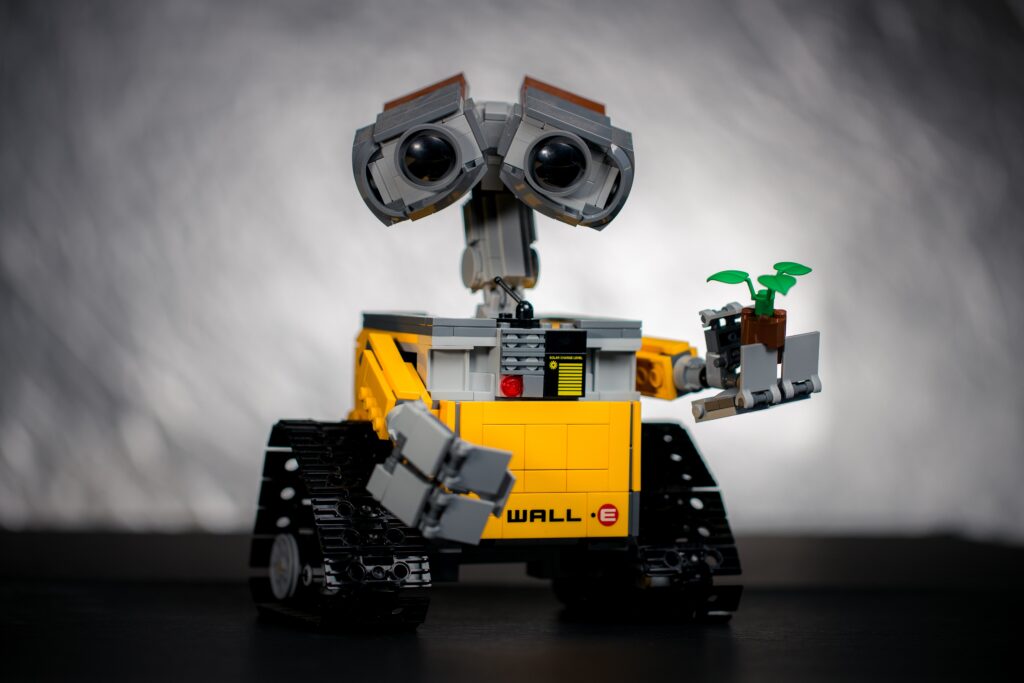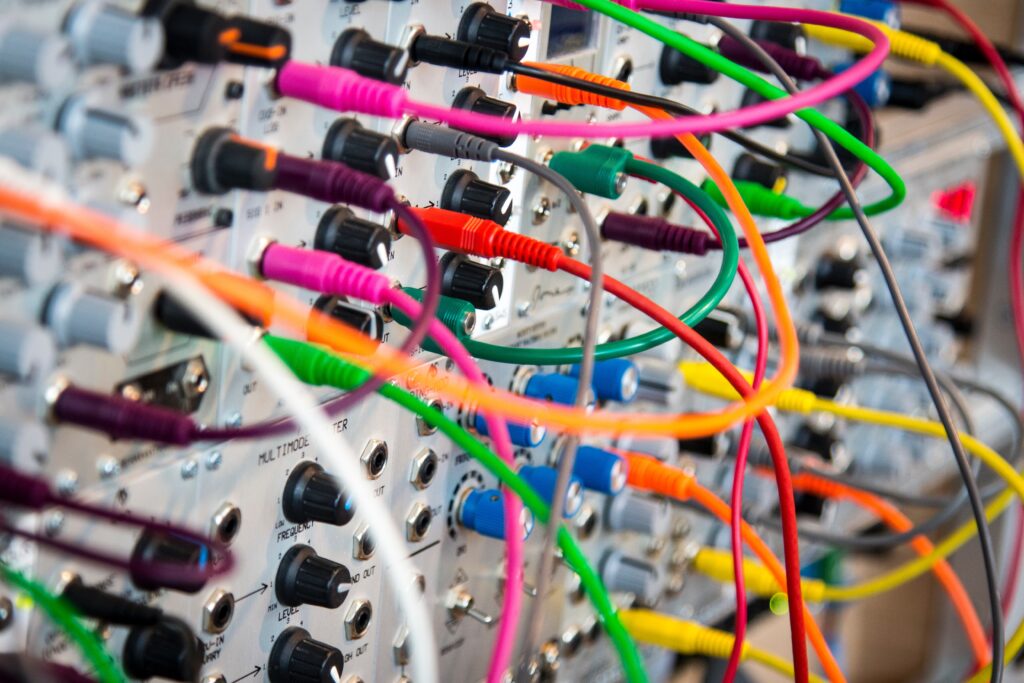Teaching machines to learn
WITHOUT INSTILLING MACHINES WITH AN INDEPENDENT ABILITY TO LEARN, EVEN THE SMARTEST ALGORITHM WOULD QUICKLY BE SURPASSED BY HUMAN INTELLIGENCE

The motivation behind instilling machines with intelligence is to enable them to match and improve upon anything humans are capable of. Learning is fundamental to this. Were a team of AI researchers to successfully develop an algorithm capable of defining all existing knowledge, but fall short of describing how to process any new information it comes across, humans would quickly surpass the machine by learning from its output. The cycle would then need to be repeated over and over. The painstaking effort involved in each round of programming this knowledge would quickly make such a route to machine intelligence impractical.
Our ability to learn is what enables us to become knowledgeable in any given number of fields. It enables us to ingest information, to process it using knowledge established in other areas, such as reading, and to combine the two into domain-specific intelligence. As the volume of related information we have access to increases, so too does our ability to develop an associated knowledge. Any new knowledge we develop can, in turn, be used to create or advance knowledge in other areas and so on. Replicating this will likely move us significantly closer to developing machines capable of true cross-domain intelligence.
ADVERTISEMENT
Whilst our own ability to learn provides a basic roadmap for developing machine intelligence, how it is achieved in reality remains out of reach. As we’ve learned already, success will require development of an algorithm capable of defining learning in such a way that machines are able to interpret and replicate. By developing a set of concise instructions capable of describing intelligence in enough detail for a machine to actually start learning – a goal which has alluded researchers since the Dartmouth Summer Research Project on Artificial Intelligence – programmers would have effectively matched our own ability to become knowledgeable in any field.
Armed with an ability to distill knowledge from data and to apply the learnings from one domain to that of another, the machine would be capable of making continuous, independent improvements to its own design without needing these to be painstakingly introduced to the model by a programmer. With access to the right data, these iterative improvements would result in machine intelligence advancing in digital rather than physical timescales, particularly as it makes improvements to its own ability to learn. In other words, once programmers realise their first successes in defining our ability to learn as an algorithm – even in a rudimentary sense – then it will only be a matter of time before machines excel beyond us in terms of generalised intelligence.
RELATED ARTICLES
WHY WE ALL NEED TO UNDERSTAND AI
DESPITE OUR LIVES BEING EVER MORE MEANINGFULLY INFLUENCED BY AI, FEW OF POSSESS EVEN A BASIC UNDERSTANDING OF HOW THESE TECHNOLOGIES FUNCTION
BY CHRISTOPHER KELLY





